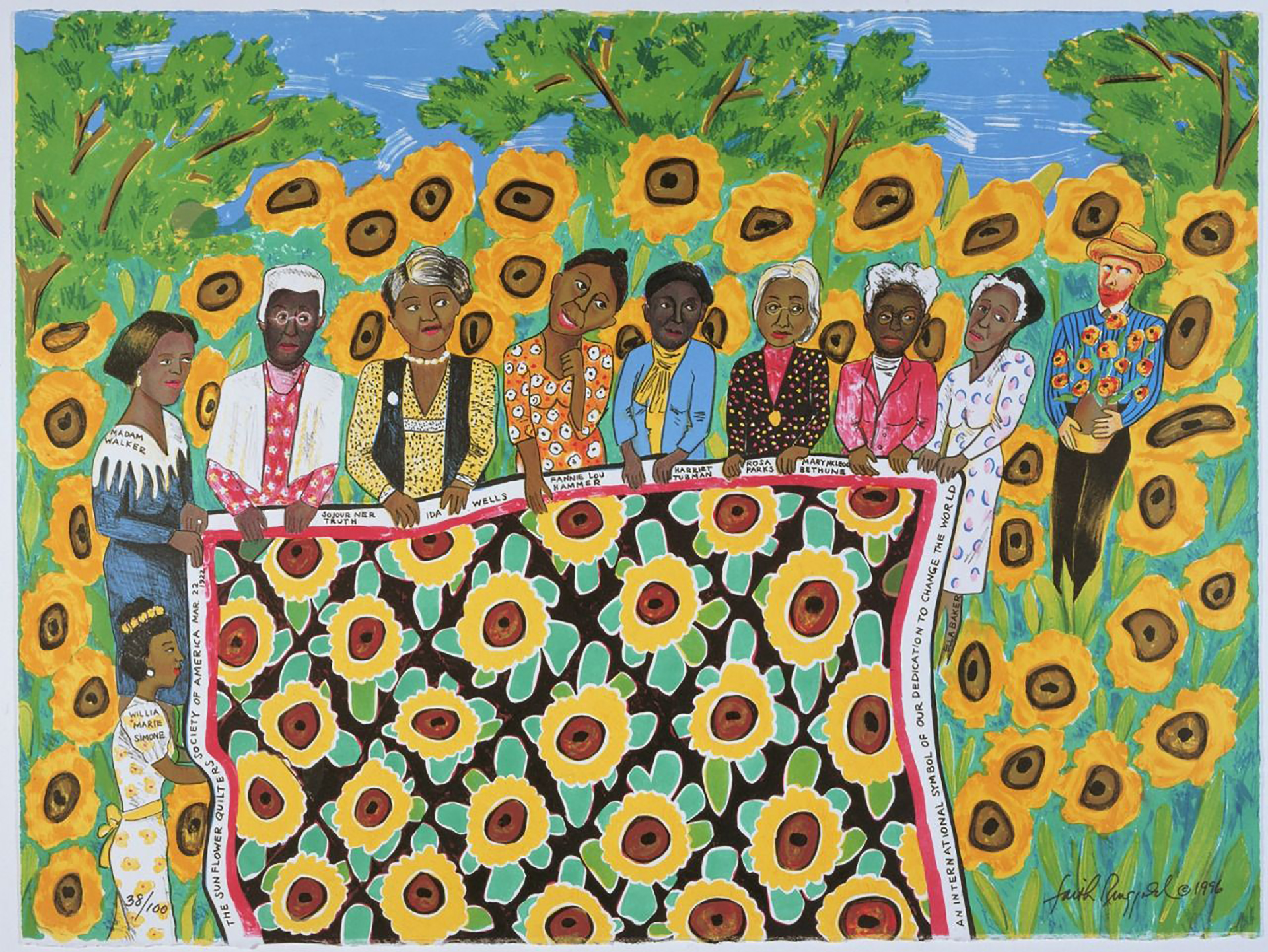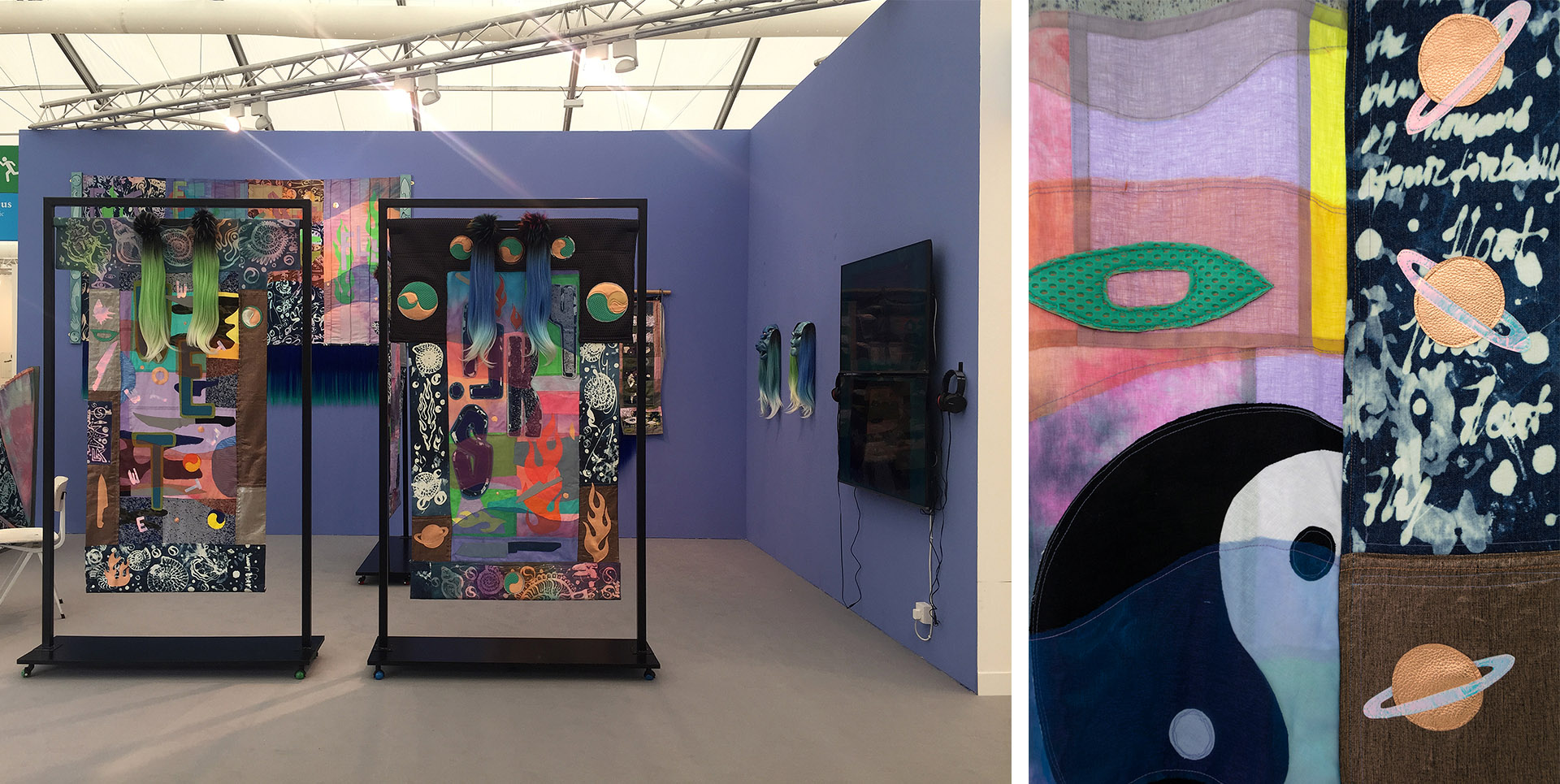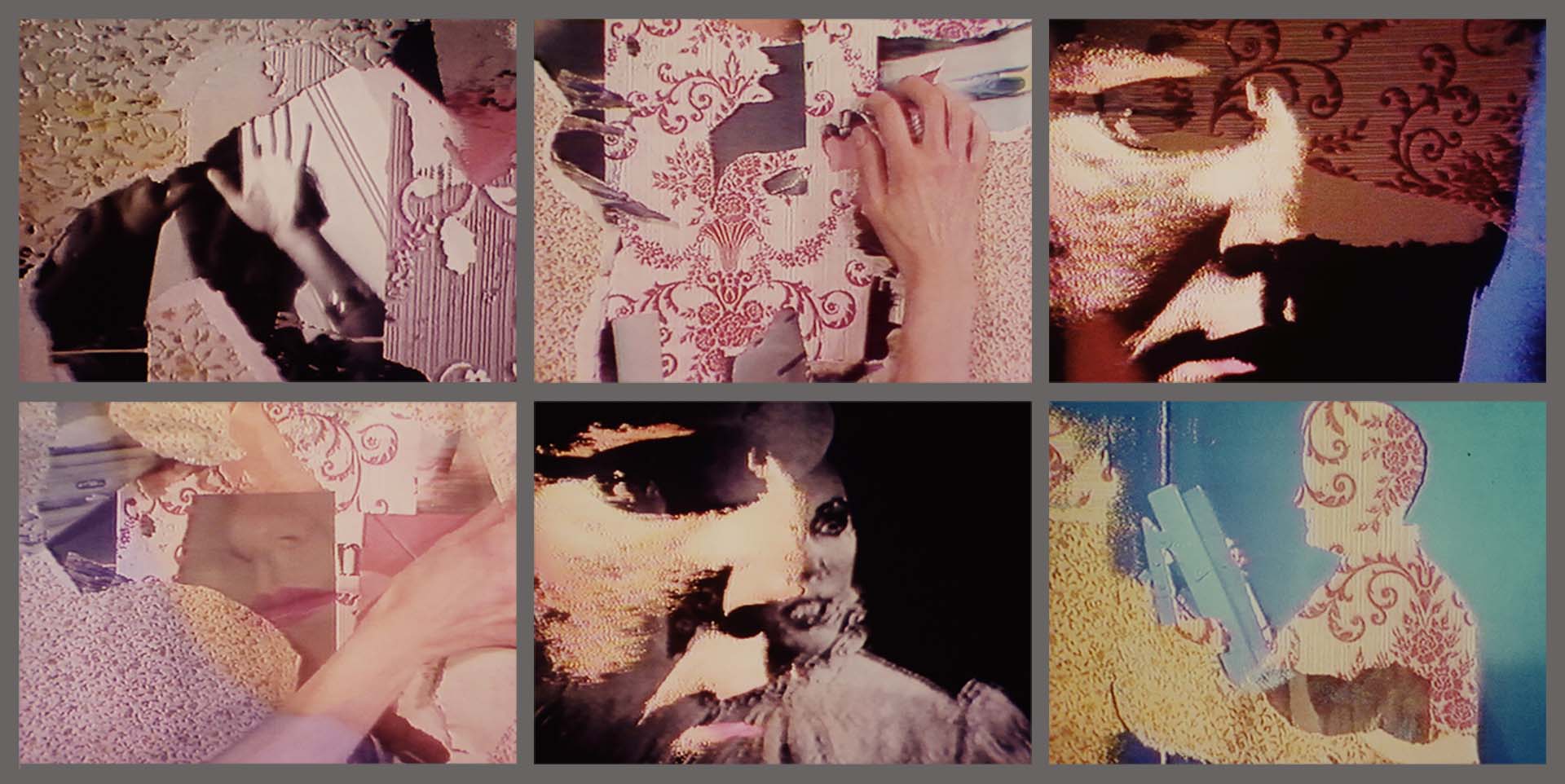This article originally appeared on Amuse.
2018 represents 100 years of the female vote in Britain, meaning it’s high time to celebrate the struggle of the Suffragettes – a fight for feminist rights that caused a shockwave across the world. In many countries, that particular democratic battle would not be won for decades to come.
This centenary is made even more poignant in context of the political maelstrom currently engulfing the planet, as new conservative movements attempt to roll back the hard-won institutions of liberty and equality.
Of course, like any shift in the global zeitgeist, this moment of feminist outcry is reflected in the art world. In new works, and the curation of older pieces, Frieze London 2018 demonstrated a growing public (and commercial) hunger for art which represents uniquely female perspectives from around the world. Here are a selection of four artists currently shown there, each of whom tells us something about the state of femininity in their part of the world.
Faith Ringgold (USA)

Faith Ringgold, born in New York in 1930, is an artist of many trades. From the very beginning of her career, her practice spanned writing, sculpture, performance, and lecturing. Despite her headily academic interests, her hands were eventually turned to more traditional craft processes. In the 1960s, she produced Tanka masks – soft costume pieces which reflected the Pan-African nature of her African American upbringing. This textile work then morphed into a celebrated quilt-making practice – each one depicting densely populated inner city proverbs.These story-blankets currently being shown at Frieze have a foot in both the folk and high art worlds. They jumble art-historical references, jazz age imagery and religious iconography into uniquely humane patchworks. They often depict young women in traditional dress at play, dancing, or cradling their children – reminding us of the myriad roles women play in her community.
Zadie Xa (Canada & South Korea)

Though Zadie Xa was born and raised in Canada, her Korean ancestry has always been a part of her identity. North American media has long been flooded with ‘orientalized’ stereotypes of far Eastern culture – from fortune cookies to ninja warriors. These hackneyed motifs tend to mush every East Asian culture into a homogenized, Americanized archetype, and to many they are wholly offensive.To Zadie Xa, however, these symbols are a toolkit. By assembling them into hybrid forms, she is able to depict some of the tensions inherent her upbringing. Her booth at Frieze, complete with handfans, Yin-Yangs, lucky numbers, and Kimonos, is a riotous hallucination of the East as seen by the West.
Read the full article on Amuse.
